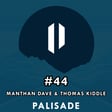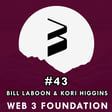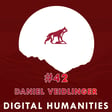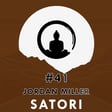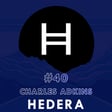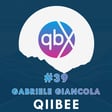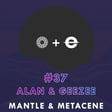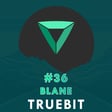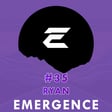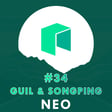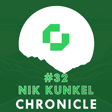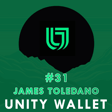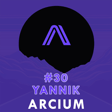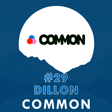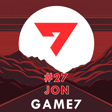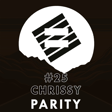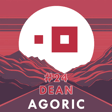
#28 - DAO governance and regulating DAOs w/ Decent Labs founder Parker McCurley
Parker McCurley is the founder of Decent Labs. Decent aims to push decentralized governance and organizations forward through the use of blockchain technology.
How did Decent Labs start?
Founded in 2017, Decent Labs started as a decentralized application development agency during the wild days of the ICO boom. Parker and his co-founder Adam dove into the crypto world by attending conferences and networking directly with emerging blockchain projects. They would walk up to project booths, ask about their protocols, and soon found themselves working on Solidity development contracts, building decentralized applications (dApps) on Ethereum.
As the industry evolved from ICOs to more complex forms of decentralized finance (DeFi) and decentralized governance, Decent Labs played a significant role in helping blockchain startups build and scale. But Parker always had a deeper vision in mind: transitioning his centralized agency into a decentralized organization governed by the principles of blockchain technology.
What is Decent DAO?
Parker's desire to decentralize Decent Labs and move beyond traditional organizational models led to the creation of Decent DAO. He saw the traditional corporate structure as incompatible with the values of the blockchain space, where decentralization and community-driven governance are key. As Parker put it, being a CEO in an industry focused on decentralization felt “disingenuous.”
Decent DAO aims to provide a fully decentralized organization, governed by its community, not a CEO or board of directors. This transition from a centralized company (Decent Labs) to a decentralized one (Decent DAO) was not without its challenges, but it was necessary to align with Parker’s vision of true decentralized governance.
One of the most fascinating aspects of this shift was the creation of a governance token and on-chain mechanisms that allow participants to make decisions collectively, through proposals and voting. In this system, token holders have a say in the direction of the DAO, ensuring transparency and accountability.
One of the key challenges Parker discussed during the interview was the process of transitioning from a traditional corporate structure to a decentralized organization. This transformation—dubbed “DAOfication”—involves rethinking how roles, leadership, and governance are structured.
In a DAO, roles need to be fluid and adaptable. Parker emphasizes that some positions need to be “sticky” and take the form of elected leadership, while other roles can be more transient and filled by community members on a project-by-project basis. The goal is to balance decentralization with efficiency, ensuring that the organization doesn’t collapse under the weight of its own complexity.
The Intersection of Decentralization and Law
In the U.S., a group of people participating in a DAO could be seen as operating an unlimited liability partnership, meaning that each member could be held personally liable for the DAO’s activities. This is why creating a legal entity, such as a DAO LLC or a foundation, becomes essential for protecting the individuals involved.
As the world continues to grapple with the possibilities of blockchain and decentralized technology, pioneers like Parker McCurley are leading the charge, proving that DAOs are not just theoretical concepts but practical, real-world solutions with the potential to change the way we organize, collaborate, and govern.
This podcast is fueled by Aesir, the smartest crypto trading bot platform on the market. Sign up and use code AESIRPOT20 at checkout for 20% OFF your subscription.
